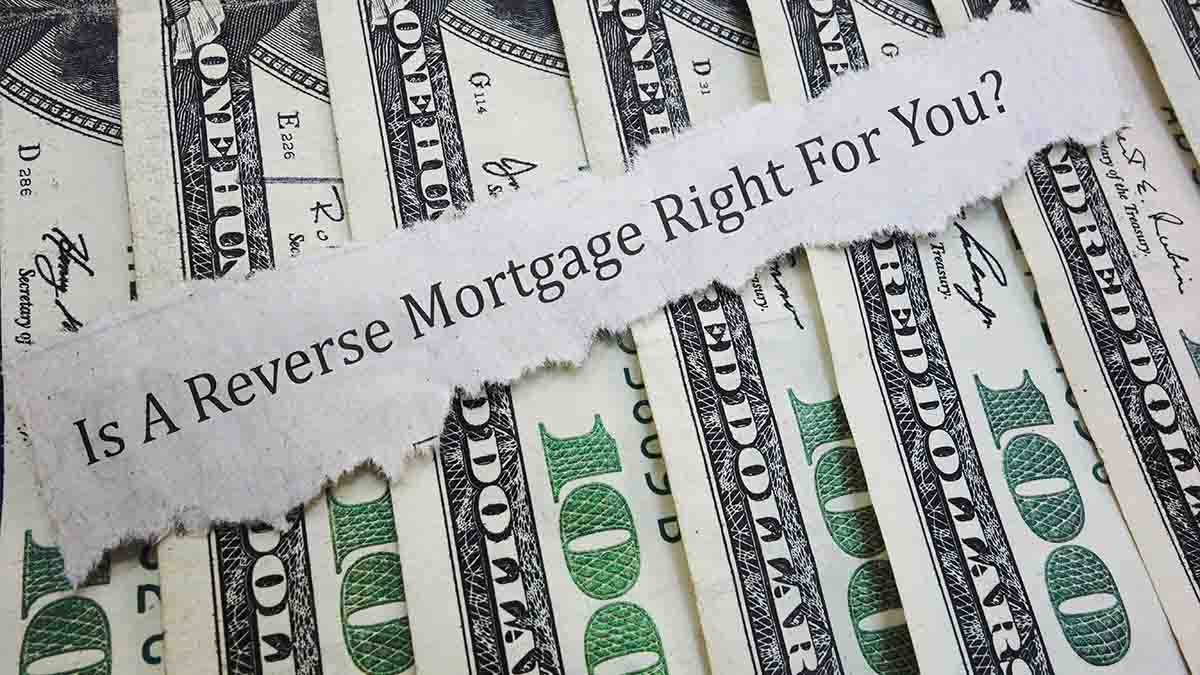Spotlight
Finance
Technology
Lots has been made over the last few years about CVS’s acquisition of Oak Street…
Join our mailing list
Get the latest finance, business, and tech news and updates directly to your inbox.
Top Stories
Sequoia Financial Advisors LLC lowered its stake in shares of Fifth Third Bancorp (NASDAQ:FITB –…
Google has fired 28 employees over their participation in a 10-hour sit-in at the search…
American investors in committed relationships overwhelmingly say they trust their partners and share the same retirement…
The expected sunset of many of the Trump tax cuts is a little more than…
L.L.Bean is reportedly slashing its headcount and reducing its call center hours in response to…
An Army Reserve major pleaded guilty to using his position as an Army financial counselor…
I previously wrote about the importance of attracting public attention to scientific research. In today’s…
PepsiCo is recalling more than 200 cases of Schweppes Zero Sugar Ginger Ale because the…
With personal bankruptcy filings expected to rise, financial advisors who take a not-my-client approach could…
Looking for Wednesday’s Strands hints, spangram and answers? You can find them here: Another day,…
Millennial boss Grace Garrick is young, gorgeous, and trendy, but her Generation Z staff leave…
Airchat, the brainchild of angel investor Naval Ravikant and Tinder’s former CPO Brian Norgard, has…









































